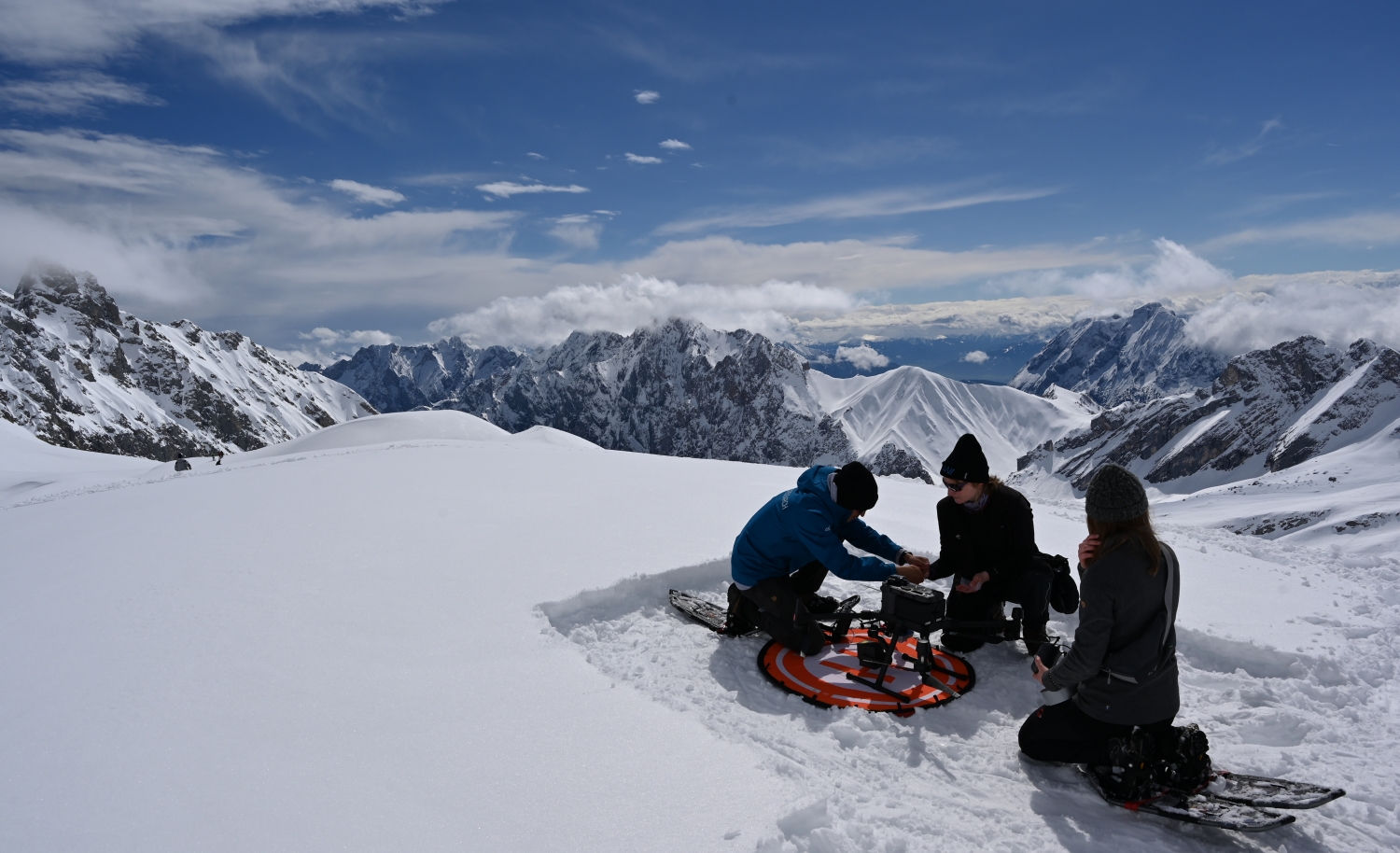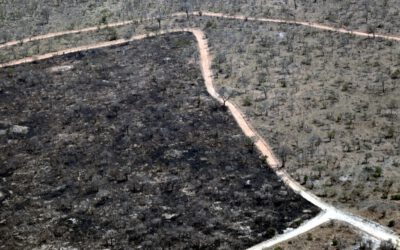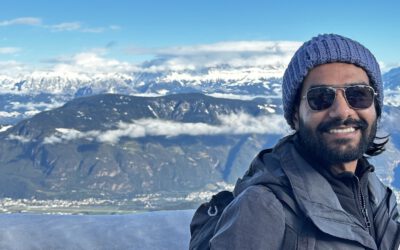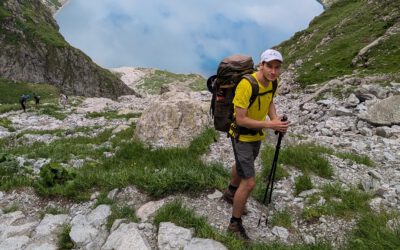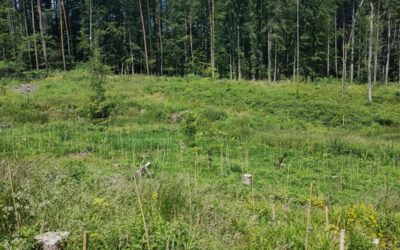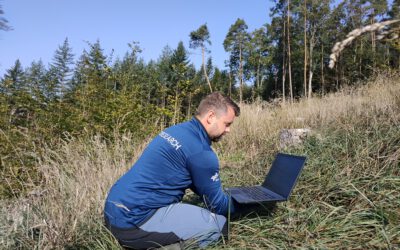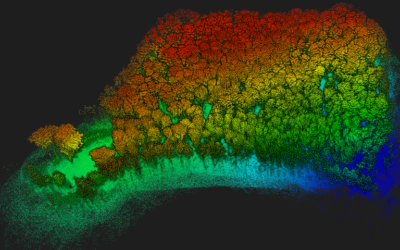At the University of Würzburg at the Institute of Geography and Geology at the Earth Observation Research hub, there is a vacancy for the position, starting as soon as possible of a
Research Assistant (m/f/d) / PhD student
Remuneration group TV-L 13 to the extent of 65 % of the regular weekly working time for a period of 3 years.
Alpine environments have undergone a significant warming over the last decades and climate projections indicate an accelerated warming for the near future. Changing climatic conditions imply changes in the eco- and geosystems, such as changing composition of flora and fauna or accelerated morphodynamics. Remote sensing from satellites or drones can provide helpful tools in addition to in-situ data sampling for the continuous monitoring of environmental conditions.
This project ought to investigate the linking of multi-resolution and multi-sensor remote sensing data (i.e., LiDAR, SAR, and multispectral imagery) acquired by drones and earth observation satellites with in-situ records collected within high alpine ecosystems in the European Alps (esp. Zugspitze). The project particularly focuses on the analyses of short- and long-term temporal dynamics of abiotic and biotic surface properties. The candidate is expected to conduct field work in the study region and to closely collaborate with colleagues from other disciplines such as zoology, ecology, botany, or geomorphology. We are seeking a candidate who is highly interested to learn how to acquire UAS-data and how to drive information on environmental conditions from various types of remote sensing imagery.
Candidates are expected to pursue a PhD degree within this project.
Requirements:
We are seeking a highly motivated candidate holding a M.Sc. degree with expertise in remote sensing and/or geo-information, and handling of various sources of geodata. A sound knowledge in remote sensing or geographic information systems (GIS) and programming (e.g., Python, R) is required. The ability to work independently as well as within an interdisciplinary team of collaborators is essential. A strong interest in applying interdisciplinary approaches, conducting field work in alpine ecosystems, and to bridge gaps between Earth Observation and in-situ data collection is required. Further, proficiency in the English language, and the capability to write research reports and peer-reviewed publications are required.
Working environment: We offer a stimulating research environment within an interdisciplinary, dynamic research team at the Earth Observation Research Hub in close collaboration with the German Remote Sensing Data Center of DLR. The position is financed for a duration of 3 years and is available at the earliest date (please indicate potential starting date in your application), with salary according to TV-L (65%).
Applicants are invited to submit their applications via email including a cover letter, CV, and all necessary certificates via the application portal before July 1st 2023. The position is to be filled as soon as possible and offered for a fixed term of 3 years.
The University of Würzburg is an equal opportunity employer, determined to increase the proportion of women in successful scientific careers, and particularly encourages them to apply. Preference will be given to disabled applicants with the same qualifications. Inquiries or questions should be directed to:
Contact: Earth Observation Research Hub, Prof. Tobias Ullmann, Dr. Insa Otte, Dr. Mirjana Bevanda, Dr. Martina Wilde
eo-contact@uni-wuerzburg.de

